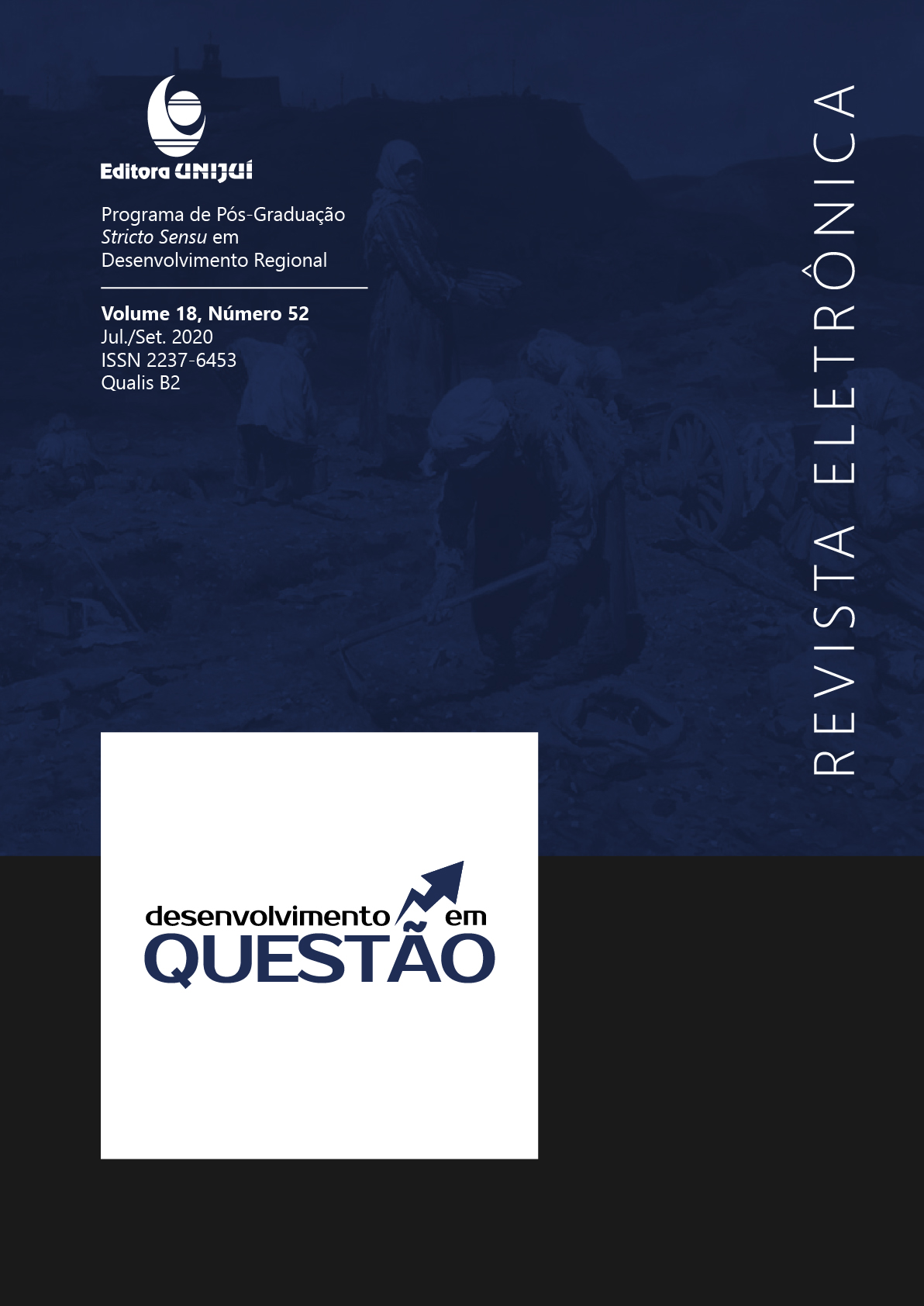DOES UNIVERSITY-FIRM RELATIONSHIP BRING LOSS FOR THE ACADEMIC PERFORMANCE OF A PUBLIC UNIVERSITY?
DOI:
https://doi.org/10.21527/2237-6453.2020.52.267-285Keywords:
Agribusiness, Science, Technology and Innovation, Ecosystem, Triple Helix.Abstract
This research explored the University-Business relationship based on a case study of the Faculdade de Ciências Agrárias e Veterinárias (FCAV), Universidade Estadual Paulista (UNESP), aiming understand the effects of this approximation on the academic performance of public university. To do so, was evaluated the performance of teachers with partnerships with market institutions and those who do not, through the Fundação de Apoio a Pesquisa, Ensino e Extensão (FUNEP). The analysis unit was the teachers linked to the 11 Postgraduate Programs of the FCAV, with a 5-year time span (2011 to 2016). The variables were constructed based on the theoretical basis of the study. The data were treated by discriminant analysis. The 169 teachers who have projects with the market constitute Group 1, so the 127 that did not present projects are in Group 0. The results indicate that the involvement of teachers in projects with companies for technology generation do not compete with the other objectives of the FCAV. It was verified that in none of the studied variables the production of the teachers with resources to the market is inferior to those that do not have, in contrast, for some variables, the results were superior. It was found that the teachers with projects attached to FUNEP are the ones that attract the most funds. It was concluded that teachers with projects with FUNEP when they do not mirror the same performance of those who do not, present superior results, confirming that the University-Business relation does not compromise the academic productivity of these professionals.
Downloads
Published
How to Cite
Issue
Section
License
By publishing in Revista Desenvolvimento em Questão, authors agree to the following terms:
All works are published under the Creative Commons Attribution 4.0 International License (CC BY 4.0), which allows:
Sharing — to copy and redistribute the material in any medium or format;
Adaptation — to remix, transform, and build upon the material for any purpose, even commercially.
These permissions are irrevocable, provided that the following terms are respected:
Attribution — authors must be properly credited, a link to the license must be provided, and any changes made must be indicated.
No additional restrictions — no legal or technological measures may be applied that legally restrict others from doing anything the license permits.
Notices:
The license does not apply to elements that are in the public domain or covered by legal exceptions.
The license does not grant all necessary rights for specific uses (e.g., image rights, privacy, or moral rights).
The journal is not responsible for the opinions expressed in the articles, which are the sole responsibility of the authors. The Editor, with the support of the Editorial Board, reserves the right to suggest or request modifications when necessary.
Only original scientific articles presenting research results of interest that have not been previously published or simultaneously submitted to another journal with the same purpose will be accepted.
Mentions of trademarks or specific products are intended solely for identification purposes and do not imply any promotional relationship by the authors or the journal.
License Agreement (for articles published from 2025 onward): Authors retain the copyright to their article and grant Revista Desenvolvimento em Questão the right of first publication.











